
Former Hong Kong home secretary Patrick Ho denied bail in US bribery case, labelled flight risk
The decision in New York by a US federal district judge followed an objection by the prosecution team to Ho’s second bail application
Former Hong Kong senior official Patrick Ho Chi-ping, detained in the US on bribery charges, was denied bail after a New York judge ruled that he presented a flight risk.
The decision by US federal district judge Katherine Forrest followed an objection by the prosecution team to the former home affairs secretary’s second bail application. Last month, the defence team – led by Edward Kim of New York law firm Krieger Kim & Lewin LLP – asked that Ho be released on a US$10 million bond, 10 times the original application.
Forrest cited in her decision the possibility that Ho could find “safe harbour” in jurisdictions in which he had worked for a Hong Kong-based NGO, including the city, mainland China and Russia. Ho’s NGO was funded by a Chinese oil and gas conglomerate identified in the indictment against him as gaining business advantages in Africa as a result of payments he orchestrated.
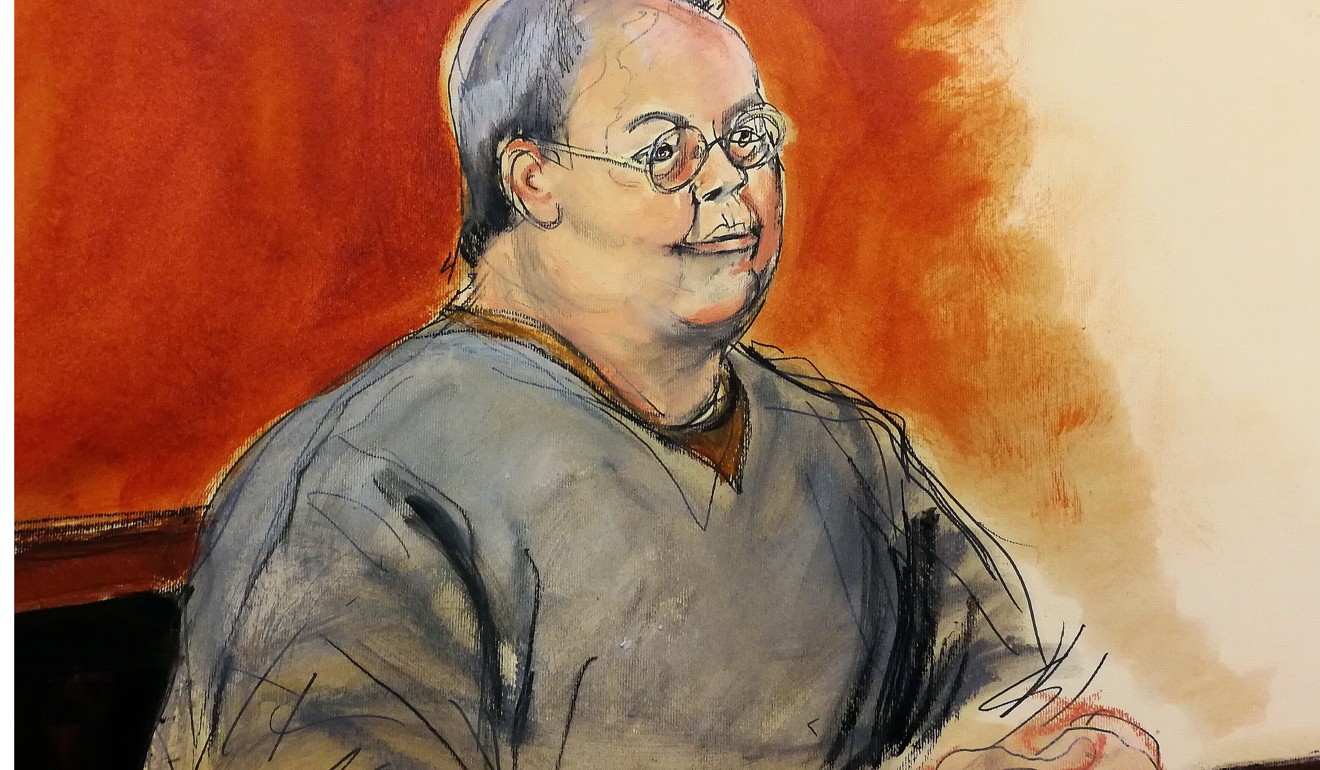
“The strength of the case and the weight of the evidence here is in favour of the government,” Forrest told the court after lead prosecutor Daniel Richenthal highlighted numerous emails written by Ho or his assistant in the act of channelling money on behalf of the Chinese company.
These emails, which Richenthal said were supported by bank and wire transfer records, will be used as evidence in Ho’s trial, which is tentatively expected to start on November 5. Prosecutors expect the proceedings to last three or four weeks.
Forrest said her doubts that the amount of bail money Ho had pledged would represent a significant portion of his wealth combined with his lack of family and business ties in the US supported her decision to deny the application.
The judge also questioned Kim’s contention that fleeing would damage Ho’s reputation to an unacceptable degree. She cited reports in Hong Kong and China that have suggested the case against Ho is politically motivated, which would shield him from damage to his reputation in the city and country.
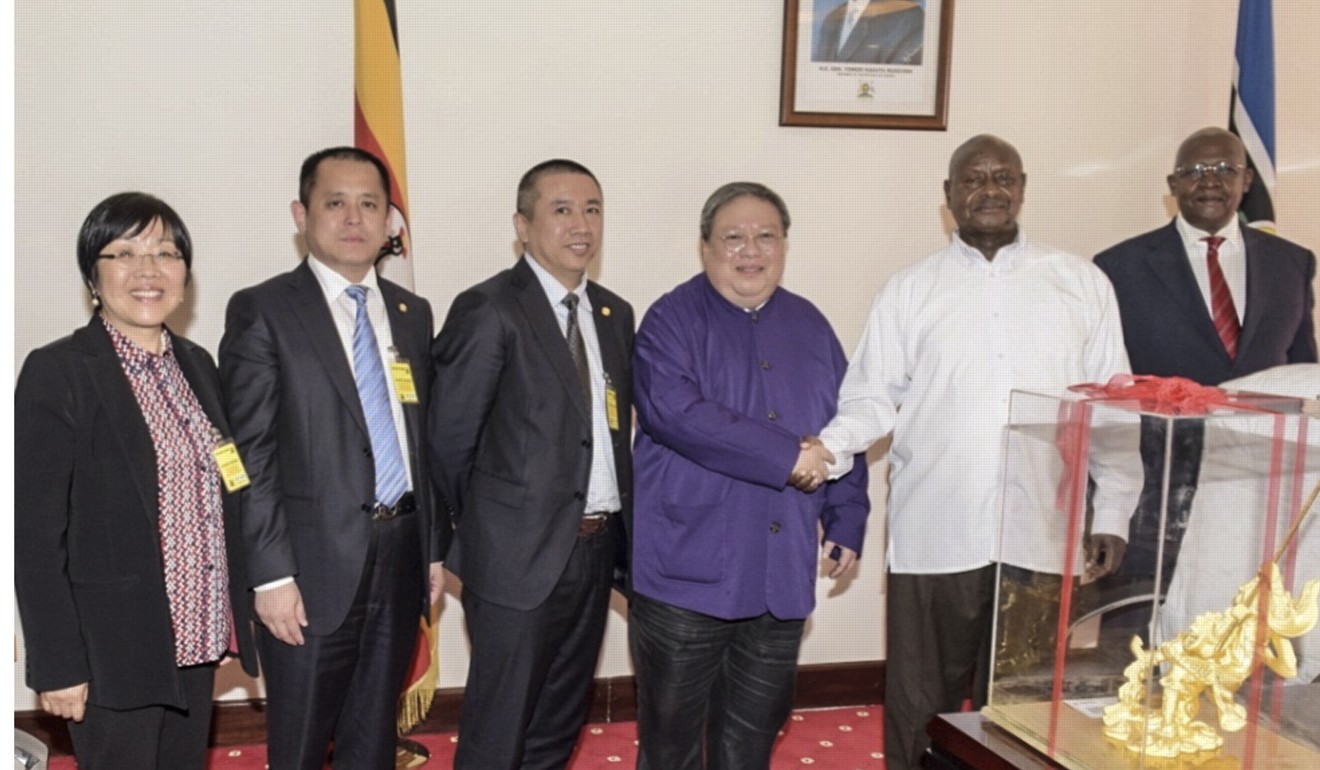
Responding to the revised application, US government prosecutors led by Geoffrey Berman told the judge in a February 1 letter that investigations since Ho was detained have turned up “stronger” evidence of his guilt.
Berman said Ho had considerable personal wealth as his means to flee, citing a pretrial service document that he had reported assets of between US$7 million and US$8 million and an annual income in excess of US$400,000.
The US government would not be able to extradite Ho if he fled after being bailed out owing to his “high-level ties to countries with which the United States has no extradition treaty, including, but not limited to, China, Chad and Uganda”, according to Berman’s letter.
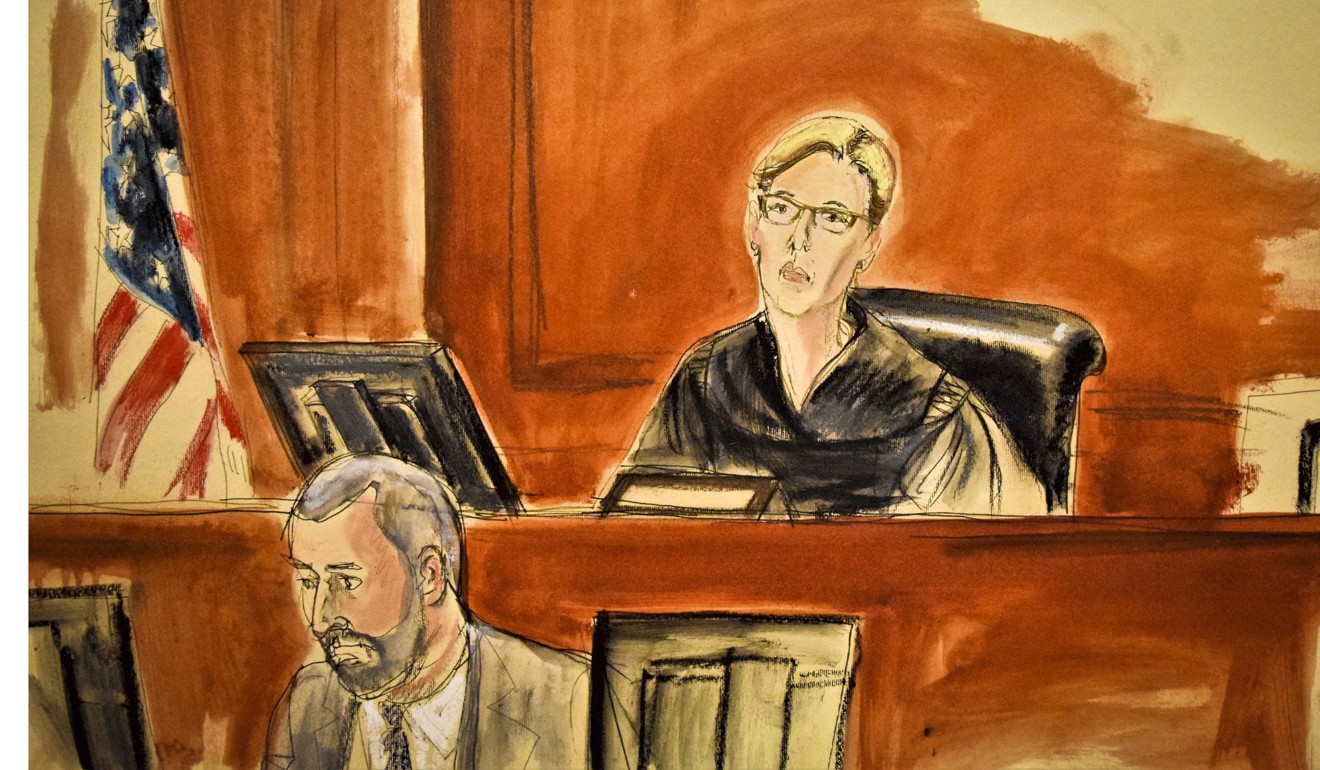
Ho, 68, who has been in US custody since the original complaint was brought against him in December, was indicted on five counts of violating the US Foreign Corrupt Practices Act and three charges of money laundering and conspiracy to commit money laundering.
Ho was part of “a scheme to pay and offer money and other things of value to foreign officials in Africa, including the president of Chad, the Ugandan foreign minister and the president of Uganda, to obtain business for” a Shanghai-based energy company, according to the indictment against him.
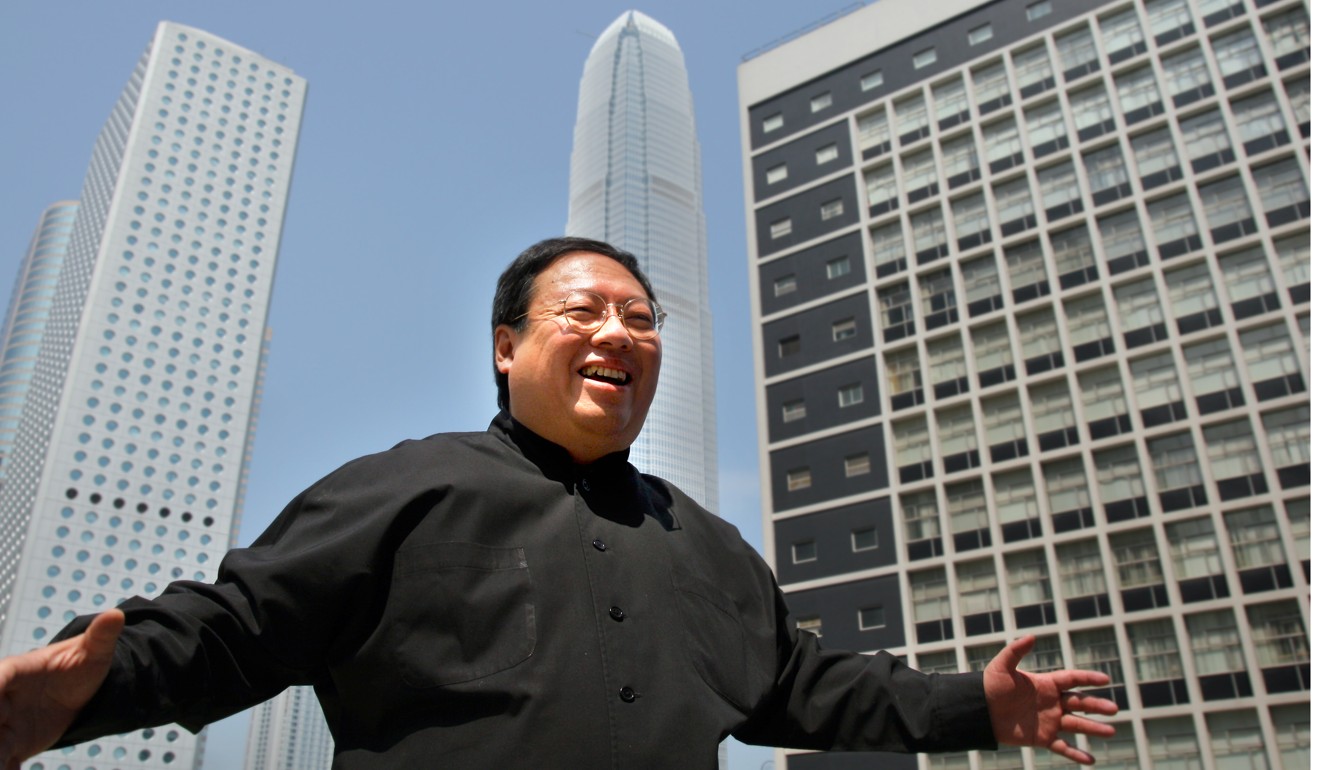
Ho, who had been working for an arm of CEFC China Energy after he left the Hong Kong government, is accused of sending US$2.9 million worth of bribes to Chad’s president, Idriss Déby, Uganda’s foreign minister, Sam Kutesa, and Ho’s co-defendant, Cheikh Gadio, formerly Senegal’s foreign minister.
The US indictment put Ho at the centre of two schemes.
In the first, Ho is accused of offering US$2 million in bribes to Chad’s president, who in return allegedly pledged an exclusive opportunity for the company Ho represented to obtain oil rights in Chad without facing competition.
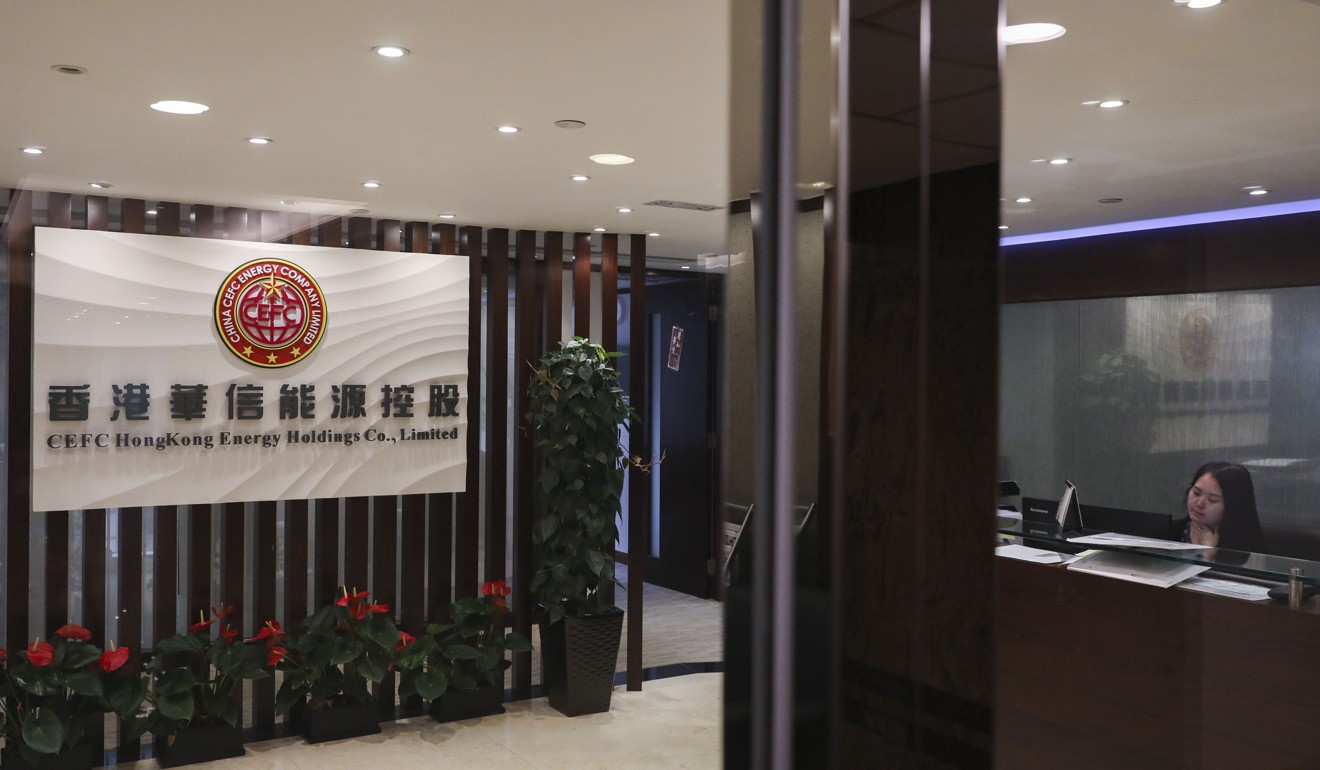
Ho is also accused of compensating Gadio with a US$400,000 payment for channelling the bribe to Déby.
Under the second scheme, Ho facilitated a US$500,000 bribe to be paid to an account designated by Uganda’s foreign minister, according to the indictment.
He also allegedly provided Uganda’s president and foreign minister with gifts and promises of future benefits – including a share in the profits of a potential joint venture, the US court documents said.
While the documents did not name the bribe-takers, Déby has served as Chad’s president since 1990, and Kutesa matches the US court document’s description that in addition to his role as Uganda’s foreign minister, he also served as the president of the 69th UN General Assembly.
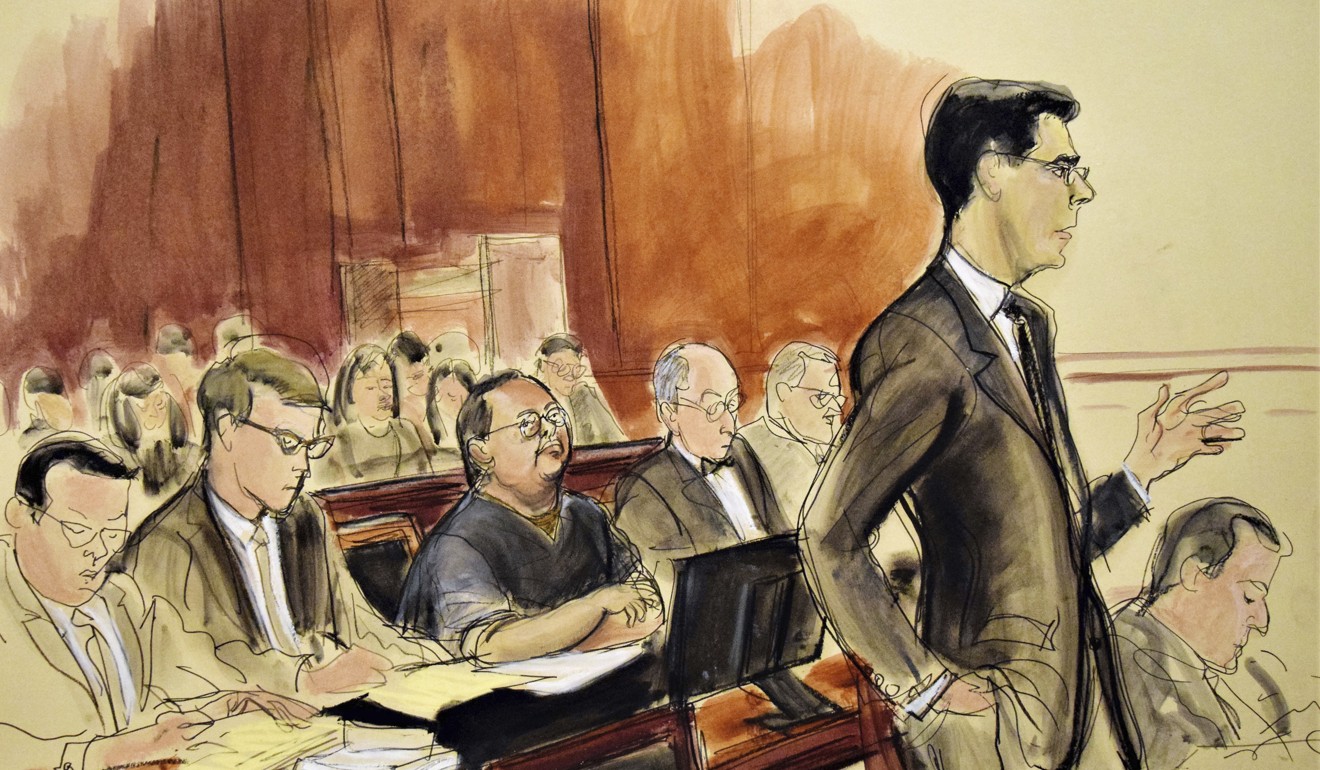
CEFC’s role was apparent in the formal complaint. It identified the chairman of the unnamed company as someone who was appointed as a “special honorary adviser” to the president of the UN General Assembly in 2015, when Ho held that position.
Kim said his team had identified a corporate flat on Manhattan’s east side for Ho to live in while under house arrest. The defence team might agree to a private security detail to prevent Ho from leaving the country in addition to electronic monitoring, the lawyer said.
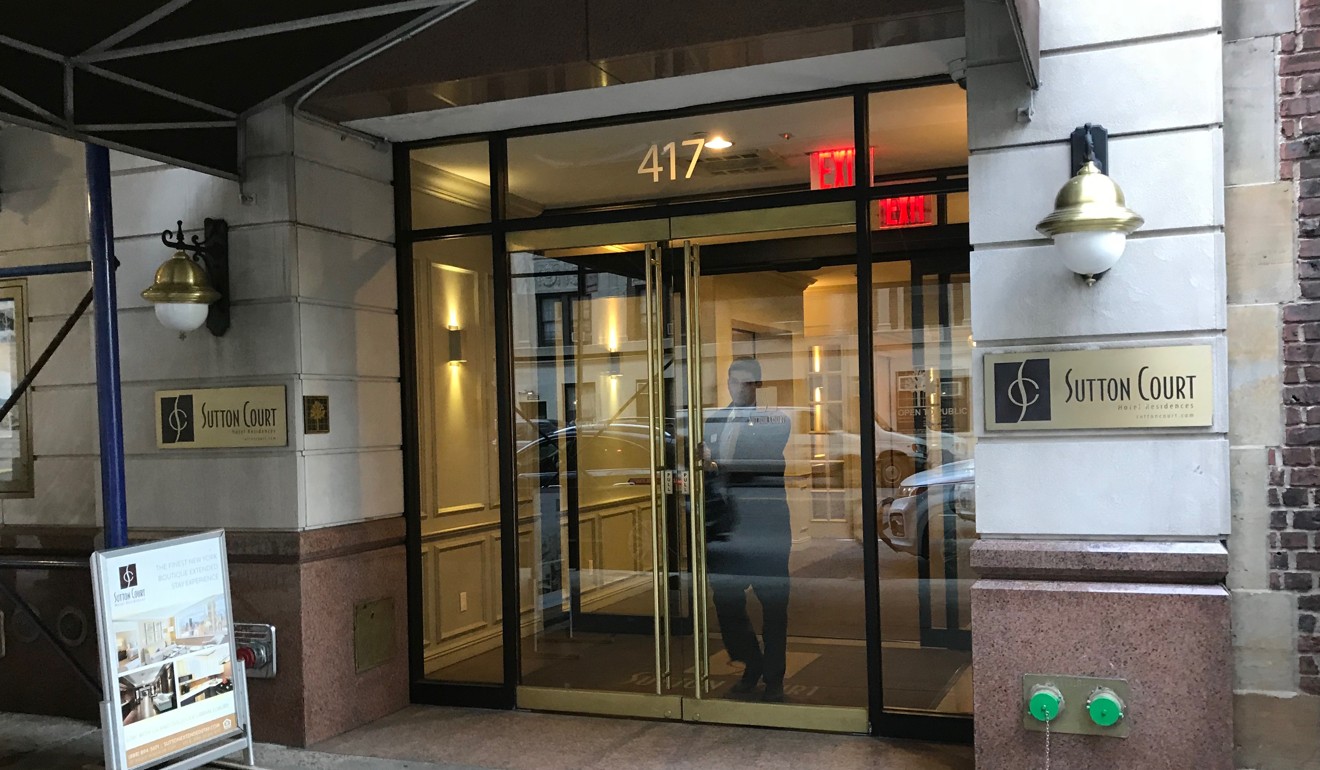
Richenthal said his team was “vehemently opposed to private security” because “we don’t think wealthy people should be able to buy their way out of jail. This is a core principle” of the US Justice Department.
In reading her decision, Forrest said “this court has had experience with external monitoring not working”.

